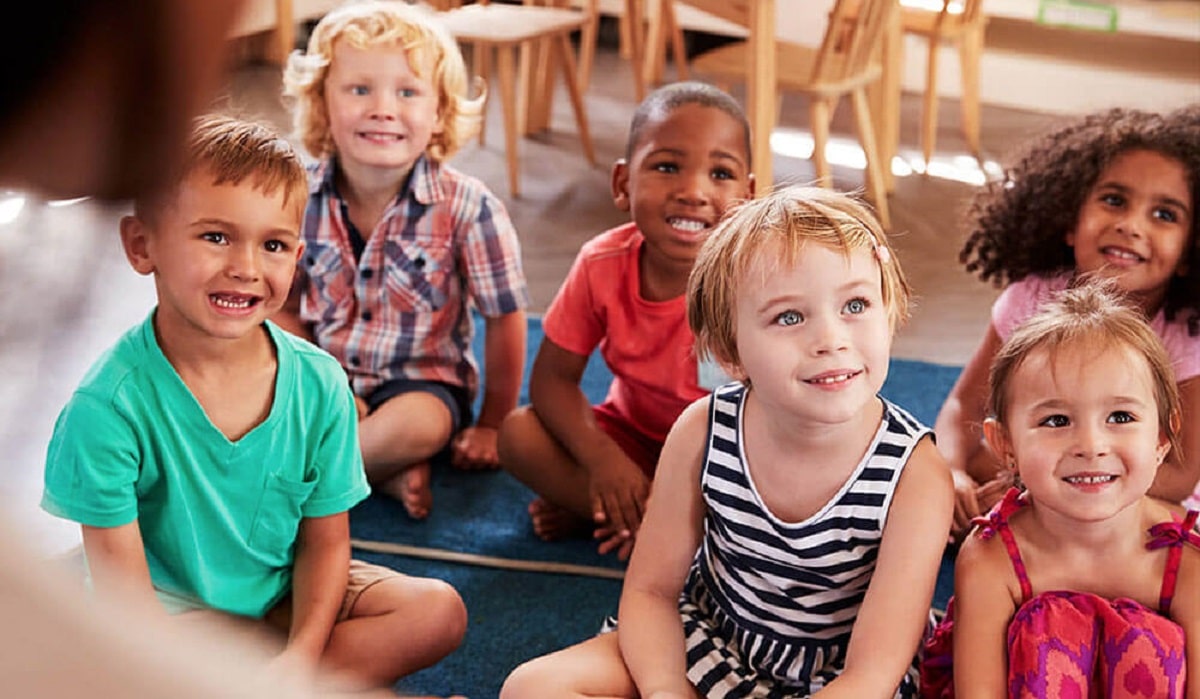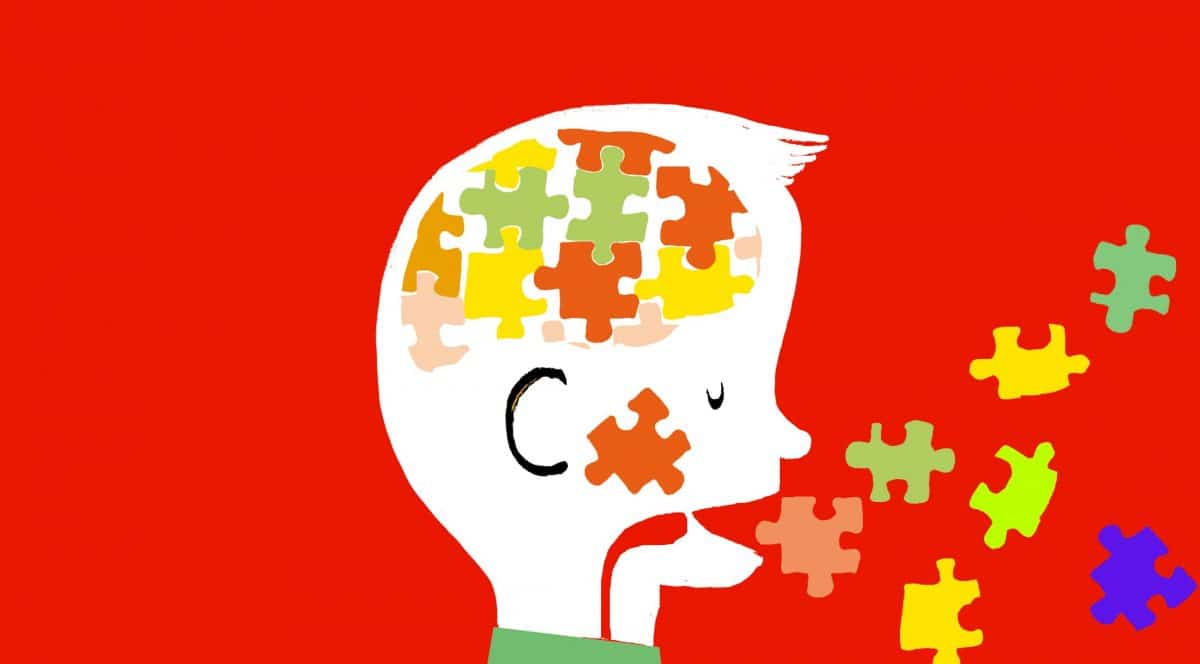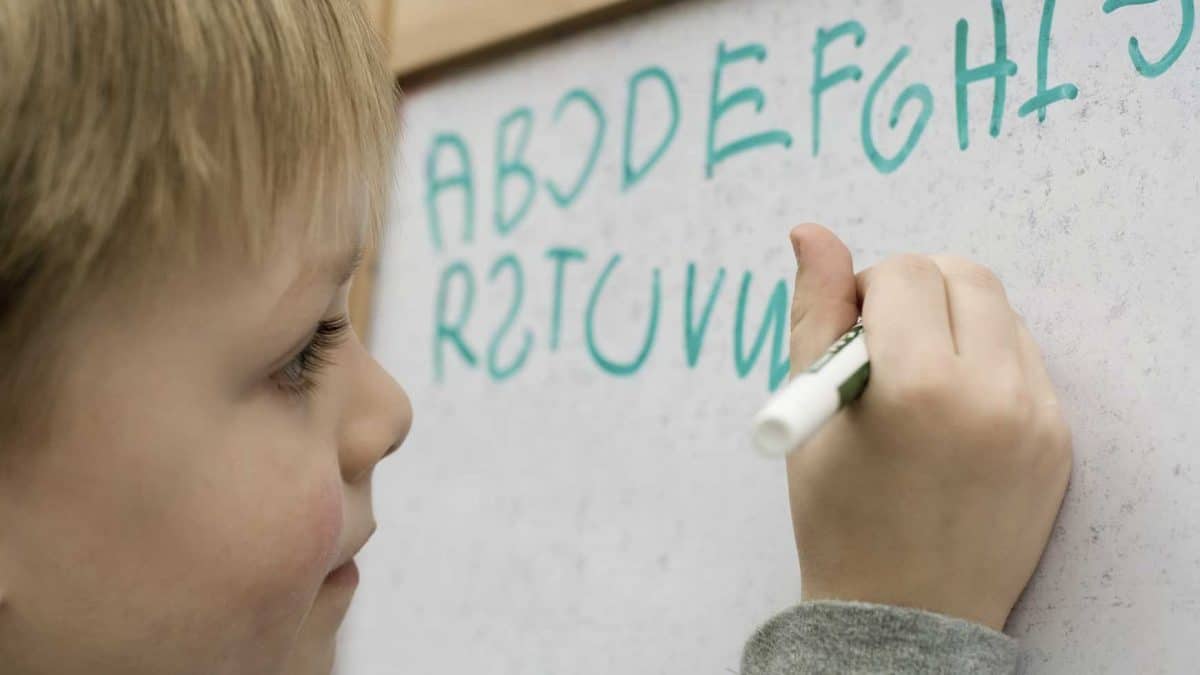
There are multilingual children, who can speak more than two languages, they are polyglots. This learning almost always comes because they are from mixed families and they also live in another country other than the language of their parents. There are people who throughout their lives have acquired up to 30 languages, some of them as scattered and different as German, Mandarin or Thai.
Today we will tell you the advantages, many of them obvious, but also some disadvantages that from a young age children learn more than one language. We will refer to both native multilingualism, and learning, without immersion, of more than two languages.
Language acquisition process

According to a study by Georgetown University in Washington, the knowledge and use of different languages is associated with the development of certain areas of the brain and contributes to the improvement of other cognitive abilities, such as attention and short-term memory.
Although it may not seem like it to us, because almost all of us learned language as children, learning and using language is a complex cognitive procedures. Different cognitive processes intervene in language acquisition: from declarative memory, for the recall of lived activities, vocabulary or grammatical rules, to procedural memory, responsible for programming the muscles for correct pronunciation and accent.
Therefore growing up with multiple languages will be the easiest and fastest way to learn a foreign language, and it is considered a foreign language that is outside the mother tongue. In other words, if a multilingual girl with Spanish parents lives in Germany, her mother tongue will be Spanish, and she will acquire German naturally and in parallel with the acquisition of this language, and not the other way around. If one of your parents also speaks to you in Basque, for example, this will also be your mother tongue.
Disadvantages for multilingual children

We will start with the disadvantages of multilingualism, for being more unknown. But they are disadvantages that are easy to correct and that occur to a greater or lesser degree.
- Multilingual children speak later. Although there is no scientific evidence for this, many parents estimate that there is a delay of three to six months compared to monolingual children of the same age. This reality is understandable, since the boy or the girl faces a learning situation in which he must duplicate his efforts.
- Language mix. Multilingual children exchange words between the different languages they are learning. This is a temporary phenomenon and through practice and supervision it is solved without any problem.
- Extra effort for parents. When it is necessary to correct in several languages, including reading and writing skills, it takes more effort for parents. In this sense we recommend the book: Multilingual from the cradle, by Anna Solé Mena when we have the information. In it, these types of doubts are resolved, from the point of view of the author, who is the mother of children educated in multilingualism.
Advantages of multilingualism

None of us miss the advantages of multilingualism, acquired or not since childhood. Learning foreign languages contributes to knowledge of cultural diversity, facilitates social adaptability and also promotes self-esteem and self-confidence. Multilingual children have more mental flexibility, they tend to be more creative, their level of selective attention is higher as well as their memory capacity.
The earlier a child is incorporated into the learning of a foreign language, the greater the possibility that they will have a high level of competition in it. In the long term, it means being able to access better job options and greater access to other cultures.
The knowledge of a foreign language implies advantages in mental health, and that is that speaking two languages can lead to delay the diagnosis of dementia problems, up to 5 years. And if three are spoken, this value reaches an average of 6,4 years. This reality shows that health is an integral matter of good habits, nutritional, physical, and cognitive.